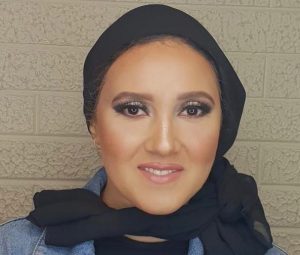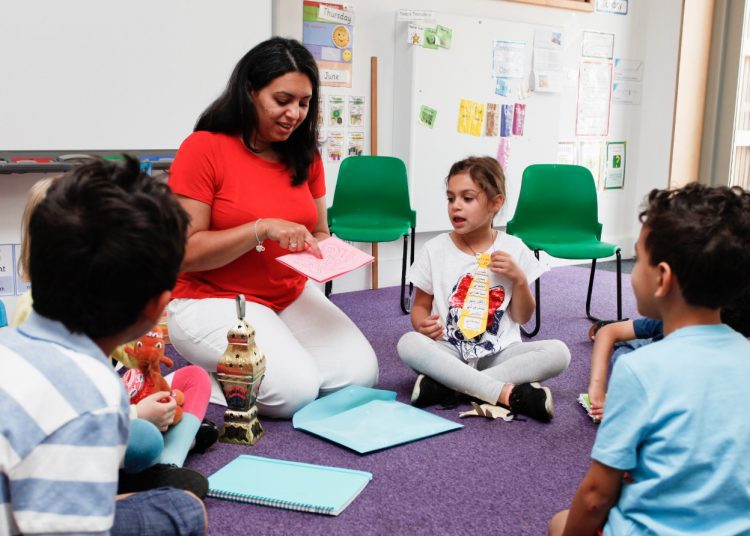
Saussan Khalil, founder of the social enterprise of Kalamna (Our Talk) told this newspaper that she saw a gap in teaching children Arabic in an interesting way abroad. Khalil, who was raised in the UK, added that when her daughter was three years old and she was willing to teach her Arabic, she found that all Arabic classes were for older learners with emphasis on reading and writing classical Arabic.
EG: What is your passion
behind Kalamna?
SK: Although I was raised in England, my parents always spoke Arabic, so keeping connected to my heritage was not an issue. But nowadays, that is no longer the case. You can’t grow up in two cultures. Besides, all kindergartens in UK offer only English language.
EG: What is your
background?
Teaching Arabic as foreign language at Cambridge University.
EG: What are the
issues you are solving? What
is your value proposition?
SK: Children living abroad say Arabic classes are boring and useless, so the main aim was to change that perception. I decided to start classes for kids. My passion is to pass the Arabic language and culture to our children and make it fun. We work hard to make the classes engaging as we show them their heritage. Also, Arabic learning resources are scarce and the syllabus was unsuitable, so I developed our learning programme with the help of academic research in the latest methodologies as applied to the British curriculum. We try to bridge the gap between colloquial and classical Arabic, train our teachers and offer parents an online tool kit to parents. Our diversified content suits all ages.
EG: Tell us more about
the process, users, and the
business model.
SK: Most of our customers come to us through word of mouth, social media and the website. People can register on the website or email us. Our users are mostly Arabic-speaking families, mostly Egyptian. However, we have Arabs and dual-nationality parents in UK, the US and Europe, and now through online channels due to the pandemic. We cater for anyone between the age of 6 to 16 and beyond. There are ten hours of classes per term at a cost of £150. Tuition usually takes place at weekends. Our revenue stream is the fees paid per class either person-to-person classes or online tool kits.
EG: What are your main
challenges?
SK: Teaching resources closer to colloquial Arabic are in short supply. Existing materials teach modern written Arabic. They are hardly kiddie-friendly and are hardly relevant to everyday life. There is so specialised, simple Arabic content for children – it’s either translated or in other dialects besides Egyptian. Children need to acquire a ‘feel’ for the language and enjoy learning it. The other challenge is the absence of well-trained teachers.
EG: What are your achievements? What are your plans for the future?
SK: Our phonics programme that is parallel with the British method in dealing with illiteracy. We successfully applied it to teaching Arabic. Moreover, the Arabic teaching training course has attracted people from all over the world.
EG: Do you see the ecosystem
is helping you?
SK: So far, we attracted around 500 to 600 students and teachers. I’m lucky to be based in Cambridge where I took a year-long business programme that helped me a lot in setting a plan and business strategy to develop my social enterprise.






Discussion about this post